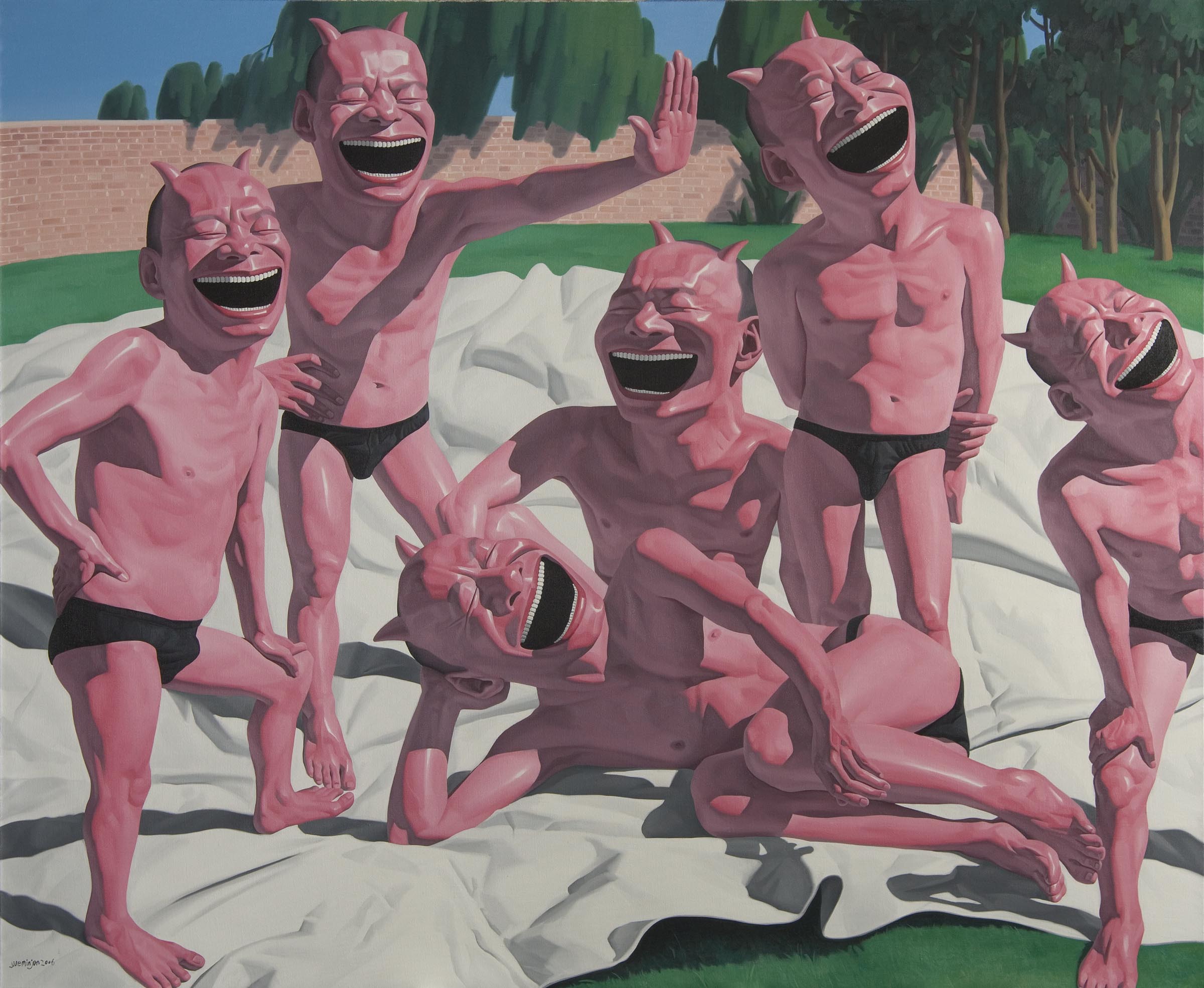Postmodernism: What is it good for?

Literary theorist Brian McHale on the characteristics and legacy of the concept and movement
Published 25 August 2015
On this episode of the Up Close podcast, literary theorist Professor Brian McHale explains the origins and trajectory of postmodernism, muses on its role in our cultural expression, and speculates on its demise.
Brian McHale is the author of Postmodernist Fiction (1987), Constructing Postmodernism (1992), and The Obligation toward the Difficult Whole (2004), as well as articles on free indirect discourse, mise en abyme, narrativity, modernist and postmodernist poetics, narrative poetry and science fiction.
He co-edited, with Randall Stevenson, The Edinburgh Companion to Twentieth-Century Literatures in English (2006); with David Herman and James Phelan, Teaching Narrative Theory (2010); with Luc Herman and Inger Dalsgaard, The Cambridge Companion to Thomas Pynchon (2012); and with Joe Bray and Alison Gibbon, The Routledge Companion to Experimental Literature (2012).
Subscribe to Up Close through iTunes.

